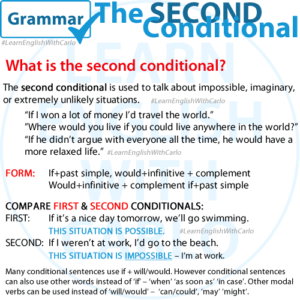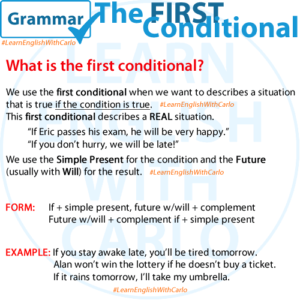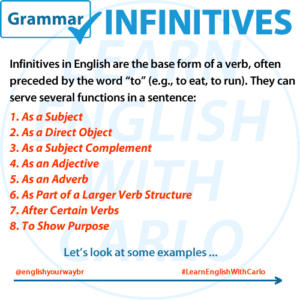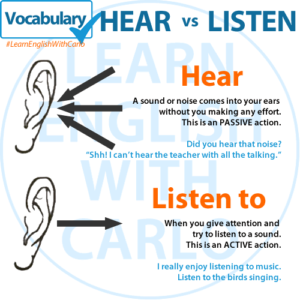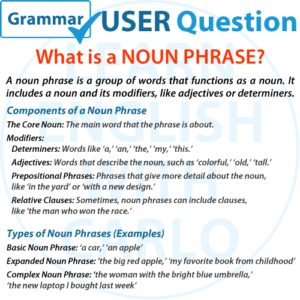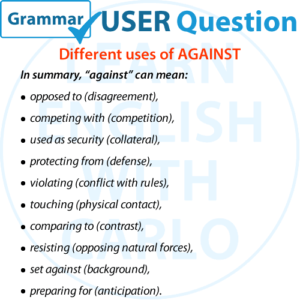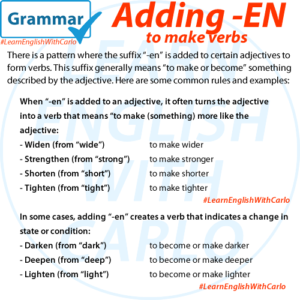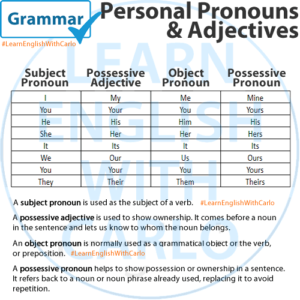What is the Second Conditional? The Second Conditional is a grammatical structure used to talk about hypothetical, imaginary, or extremely unlikely situations. It allows us to express dreams, wishes, and scenarios that are not based in reality. Structure The Second Conditional follows this structure: Examples: Compare First & Second Conditionals It’s important to distinguish between …
Category: GRAMMAR
Permanent link to this article: https://englishyourway.com.br/conditionals-the-second-conditional/
Feb 11
Conditionals – The FIRST Conditional
What is the first conditional? The First Conditional is used to talk about situations that are likely or possible in the future. It describes a real, specific outcome that will happen if a condition is met. Example Sentences: This conditional structure helps us talk about things that are realistic or likely in the future as …
Permanent link to this article: https://englishyourway.com.br/conditionals-the-first-conditional/
Jan 13
Infinitives
Infinitives in English are the base form of a verb, often preceded by the word “to” (e.g., to eat, to run). They can serve several functions in a sentence: 1. As a Subject: 2. As a Direct Object: 3. As a Subject Complement: 4. As an Adjective: 5. As an Adverb: 6. As Part of …
Permanent link to this article: https://englishyourway.com.br/infinitives/
Jan 04
GRAMMAR – HEAR & LISTEN
One of the most common questions English learners ask is: “What is the difference between ‘hear’ and ‘listen’?” These two verbs may seem similar, but they are used in different ways and convey distinct meanings. Let’s dive into the nuances of these two words to help you use them confidently in your conversations. Hear We …
Permanent link to this article: https://englishyourway.com.br/grammar-hear-listen/
Nov 12
Mastering the Differences: Below, Beneath, Underneath, and Under
The English language often offers several words to convey similar meanings, each with subtle distinctions that can add depth to our communication. Words like below, beneath, underneath, and under all suggest a lower position, but each carries its unique nuance. In this post, we’ll explore these differences with clear definitions, examples, and usage tips. 1. …
Permanent link to this article: https://englishyourway.com.br/mastering-the-differences-below-beneath-underneath-and-under/
Nov 07
Understanding Noun Phrases in English
When you’re learning English, understanding the structure of sentences is essential. One important part of many sentences is a noun phrase. In this post, we’ll break down what noun phrases are, how they’re used, and give you some examples to help you recognize and create your own. What Is a Noun Phrase? A noun phrase …
Permanent link to this article: https://englishyourway.com.br/understanding-noun-phrases-in-english/
Oct 31
The uses of AGAINST
Permanent link to this article: https://englishyourway.com.br/the-uses-of-against/
Oct 16
Turning Adjectives into Verbs with “-en”
In English, some adjectives can be turned into verbs by adding the suffix -en. These verbs usually indicate the process of becoming or making something have the quality described by the adjective. Understanding how and when to use -en to form verbs can greatly expand your vocabulary and improve your communication skills. How Does It …
Permanent link to this article: https://englishyourway.com.br/turning-adjectives-into-verbs-with-en/
Oct 12
GRAMMAR – Determiners
Determiners are words that come before a noun to clarify what the noun refers to. They help specify whether we’re talking about something specific or general, countable or uncountable, and they can show possession, quantity, or definiteness. Mastering the use of determiners is key to sounding more fluent and accurate in English. Types of Determiners …
Permanent link to this article: https://englishyourway.com.br/grammar-determiners/
Oct 11
GRAMMAR – Pronouns (and adjectives)
Personal pronouns and possessive adjectives are essential elements of English grammar. They help us talk about people, things, and ownership without repeating the same nouns over and over again. In this post, we’ll explore five key types: subject pronouns, object pronouns, possessive adjectives, possessive pronouns, and reflexive pronouns. Understanding how to use each one correctly …
Permanent link to this article: https://englishyourway.com.br/grammar-pronouns-and-adjectives/

